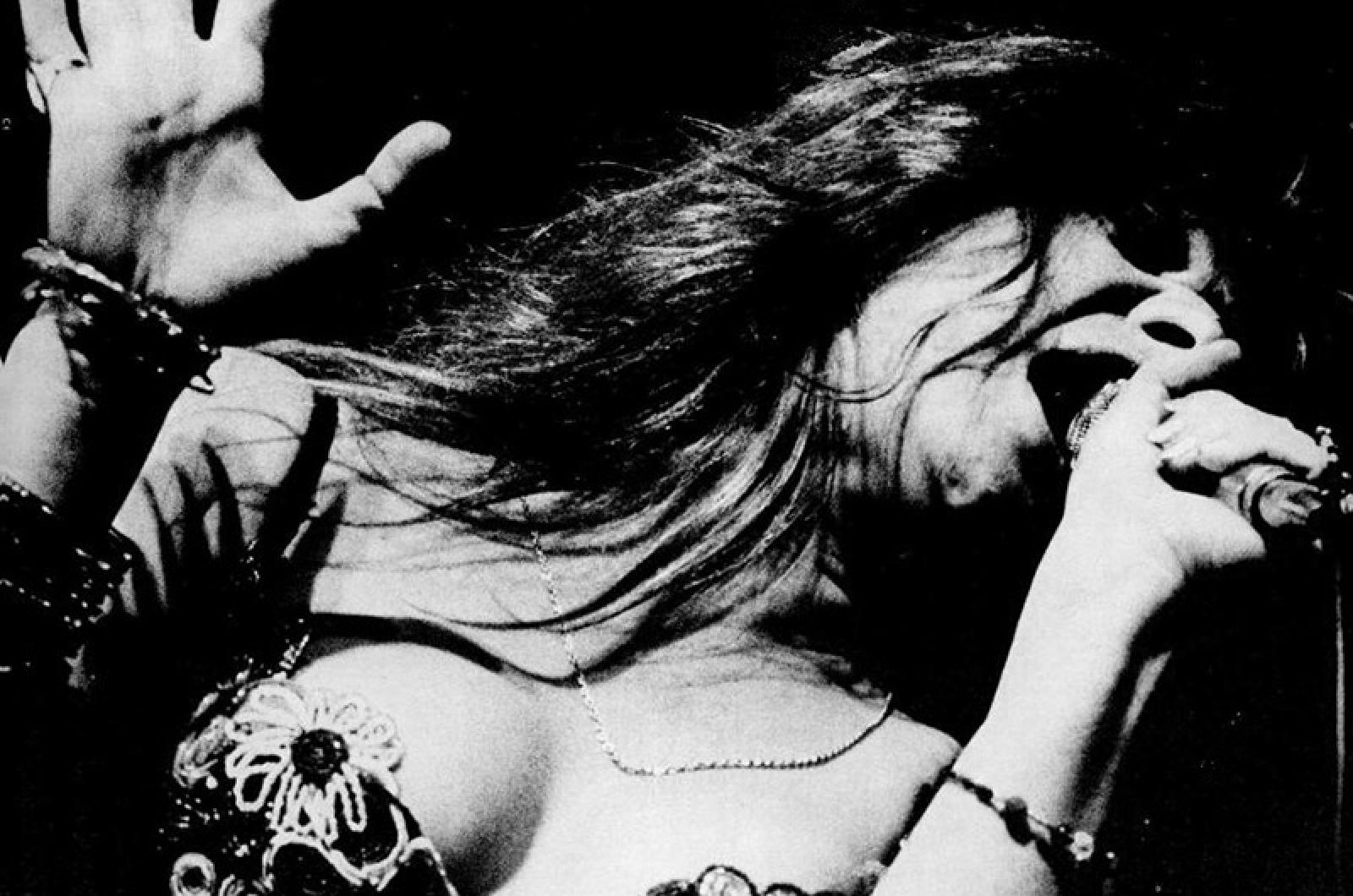Fifty years ago this summer I saw a musical milestone. On August 12, 1970, Janis Joplin gave her farewell concert at Harvard Stadium in Cambridge. The saddest aspect of this is that no one there, including her, knew that’s what this was a farewell concert.
Less than eight weeks later, after a series of recording sessions in production of her last album, Pearl, she was found dead in a Hollywood hotel room. The cause was an apparent heroin overdose. She was 27. Pearl was released posthumously. It contained such hits as Me and Bobby McGee, Mercedes Benz and Cry, Baby.
The packed stadium that summer night — an estimated 33,000 including a few thousand outside the walls — came to hear such hits as Piece of My Heart, Ball and Chain and Summertime. She performed with her newly created Full Tilt Boogie Band, the one that would back her up on Pearl.
That night got off to a rocky start. A typical delay became atypical. The singer was ready. The musicians were ready. But there was panic backstage at the discovery that some sound equipment had been stolen. Restlessness behind the scenes soon transferred to the crowd. Backup equipment came to the rescue before any incident could flare up. Janis Joplin stepped into the spotlight — and all was hot with the world.
My luck had me a few rows back from the stage. I saw her naked sweat with my naked eye. She glistened, baptized in torment. I watched her dance, wrenching her body into that raspy cry of the broken heart of Texas. It wasn’t really hip-swinging rock’n’roll — it was a white gospel of fate and defeat. She, and her audience, was transported by the ecstasy of agony.
I said come on, come on, come on, come on and take it. Take another little piece of my heart now, baby.
Janis Joplin’s night in Cambridge was part of a two-month celebration called the Schaefer Music Festival, sponsored by the brewing company, Summerthing (a Boston City Hall arts program at the time), and Harvard itself. The acts included The Band, Ray Charles, B. B. King, Paul Butterfield and James Cotton Blues Bands, Ten Years After, Miles Davis, Rahsaan Roland Kirk, Ike & Tina Turner, Jose Feliciano, John Sebastian, Delaney & Bonnie, Van Morrison, Johnny Mathis, The Supremes and many more. All concerts were two bucks a ticket. Every show was sold out.
That summer followed on the worn-down heels of a spring that saw the U.S. bombing of Cambodia, the crippling of Apollo 13’s moon mission, and the killings at Kent State and Jackson State. The concert series seemed designed to distract and appease a youthful population given to moral outrage over the war in Southeast Asia and a government that didn’t speak to them. In Cambridge, spring protests turned violent primarily because of apoliticals and counter-politicals who saw the opportunity to join a demonstration to vandalize, to loot and to discredit a peace movement engaged in civil disobedience and the freedom to assemble.
I know this was the case because as a journalist in discussion with local police I saw the arrest records. Just about everyone heaving a brick or bottle was a youth with priors, mostly involving disorderly conduct or breaking-and-entering charges. No one apparently had any links to any peace movement. As a journalist and a citizen, this was a rude awakening. This wasn’t the first or last time a protest march was compromised this way, corrupted by what those in law enforcement called “infiltrators” or “community elements.” Ever since, I’ve questioned any demonstration that turns into a riot. I’ve winced at human nature.
But each time I tell myself that I, well, I can’t stand the pain. But when you hold me in your arms, I’ll sing it once again.
These concerts with their capabilities for inspiration and perspiration proved to be joyful distractions. The series kicked off June 22 with The Band, fresh from two successful albums and on their way to a third, and out of the shadows of playing backup for Bob Dylan. They played for two hours. Most of the time half the crowd mouthed the lyrics. It was good to be young.
I was there for several shows. The tickets and good seats came my way because of my job. I was the editor of Boston After Dark, an alternative news weekly with a hefty music section. Our readers were sitting all around me at Harvard Stadium. Many were high on the music; some were just high. Drugs, unfortunately, proved a shock to the system.
In the short time between Joplin’s performance and her death, drugs took out guitar legend Jimi Hendrix and Canned Heat’s Alan (Blind Owl) Wilson from Arlington. His near falsetto on I’m on the Road Again and Going Up the Country can still be heard somewhere today. They were all 27.
Still we were comforted by the music, at a time when the most profound thought came through Janis Joplin’s wail of Kris Kristofferson’s lyric: “Freedom’s just another word for nothin’ left to lose.”
Oh yeah, also that year the Beatles broke up.
Have another little piece of my heart now, baby, hey. You know you got it, child, if it makes you feel good.
Arnie Reisman and his wife, Paula Lyons, regularly appear on the weekly NPR comedy quiz show, Says You! He also writes for the Huffington Post.




Comments (4)
Comments
Comment policy »